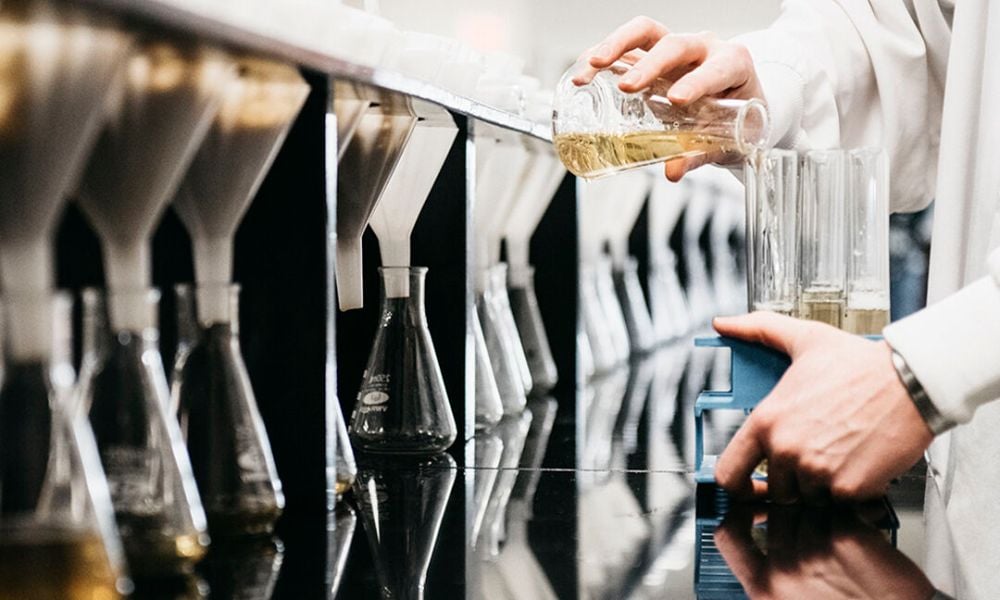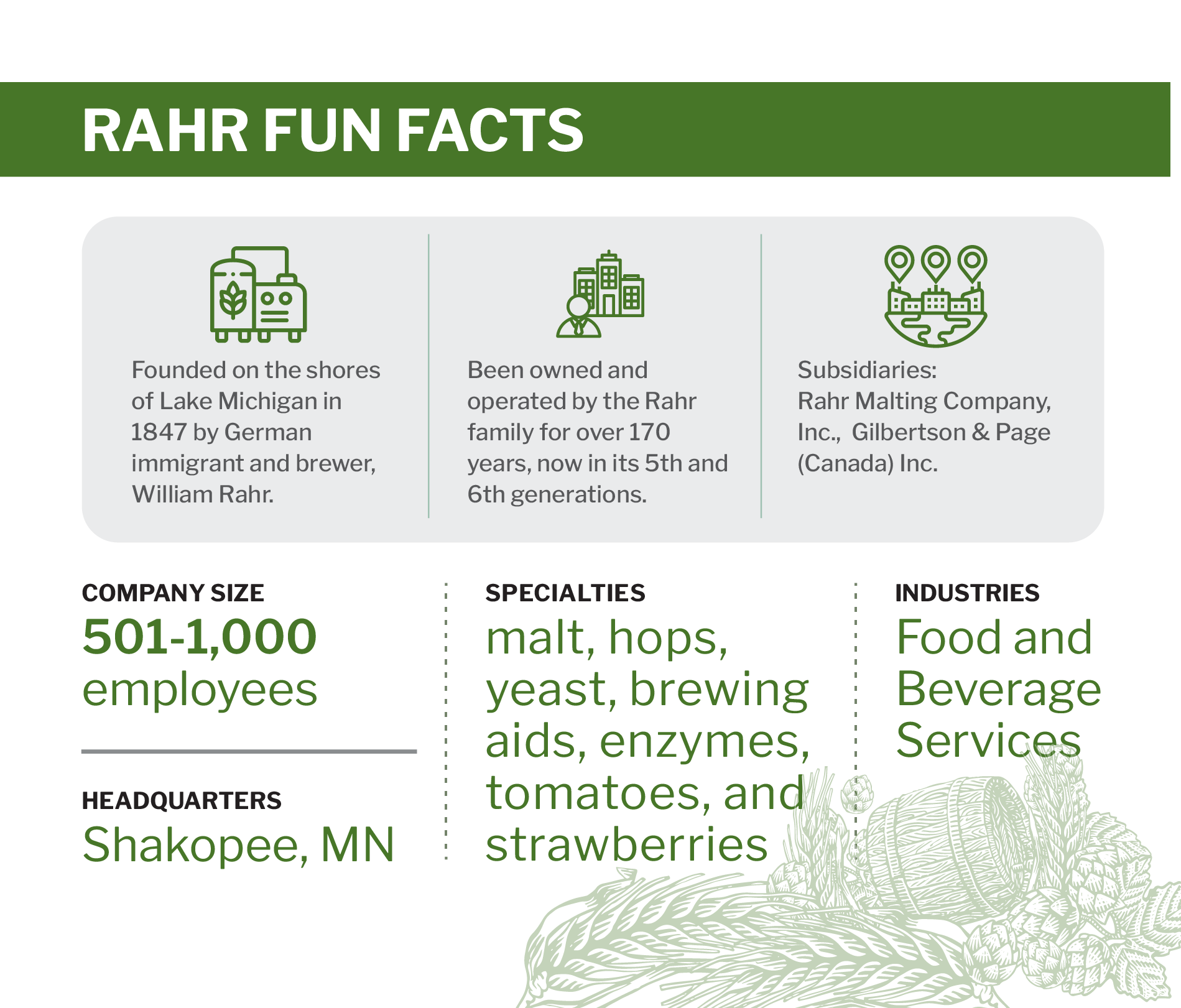
Bren Schauf talks about importance of competitive compensation, internal communications

During her college years, Bren Schauf took an organizational management and development class that captured her interest.
Now, as VP of HR at beverage giant Rahr Corporation, she says it was the combination of education coupled with real-life experiences that propelled her into the sector.
“I also had a British professor who was super interesting,” she tells HRD. “I related to him really well. I was also working as a restaurant manager while I was in school and I would take what I learned every day in class and apply it to my real life work experience.”
Schauf embarked on her professional career in the retail industry. It was there that she recognized the HR leadership position within her location as an ideal fit for her skills and interests. Assessing talent and nurturing people's development came naturally to her, and she possessed the acumen required for the role. Over time, she climbed the ranks, starting as a small team manager and eventually becoming a Vice President of Operations for a global company, aligning with the company's various locations.
Rahr Corporation, originally founded by a German family, now boasts a global presence. It has locations in the United States, Canada, New Zealand, Australia, and the UK. And it’s still being run by the family of a fifth generation – the CEO and president. The beverage giant was founded on the shores of Lake Michigan in 1847 by German immigrant and brewer, William Rahr. And, as Schauf says, over 170 years later the same family is in the driving seat.

“It’s amazing having that experience,” says Schauf. “He sits across the hall from me and it's wonderful having that closeness to the founder’s families.”
Being in the business of beer meant that the pandemic hit hard and fast – with Schauf adding that they saw a change in the demand for products.
“You have to consider that the largest suppliers are relying on concert venues and sports arenas to sell a lot of products,” she says. “And with COVID, a lot of that demand went away. There were some craft brewers who became really good at canning their own beers - that helped with some of the disruption. Also tap rooms continued to have a hard time because they couldn't have people in drinking their products.”
However, things picked up when people began working from home – a confidence came back to the market. And yet, as Schauf tells HRD, that market is still highly competitive.
“There's a lot of competition with ready to drink cocktails and some of the other beverages that are on the market right now,” she explains. “We’re struggling to understand what the customer needs are and how to plan for the future. We've seen the workforce really change.
“You have looming inflation, wages are going up, prices are going up - how do you retain employees and understand what the business needs are going to be? How that matches the talent that you need? It’s been hard - but it’s a very interesting industry.”
Managing all of that change has been super important in Schauf’s career – but one of the things she’s most proud of is their employee experience.
“We recently rolled out our first ever employee engagement survey,” she tells HRD. “This was important because it provided the data and specific employee feedback that validated what we've been messaging to senior leadership over the last few years. Specifically how important issues like employee development and recognition are to our people.
“Ensuring that we have good communication internally and that we have competitive compensation in the marketplace. Those things have been very valuable as a result of the feedback as well as employees knowing that we care what their opinions are and taking actions to address it.”